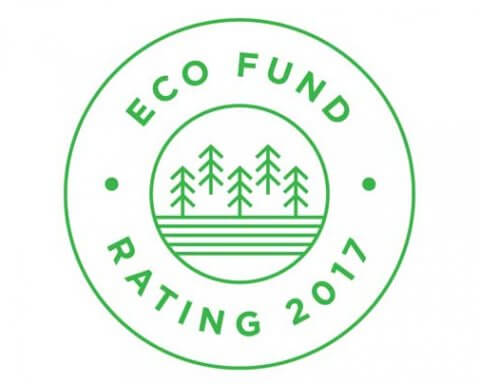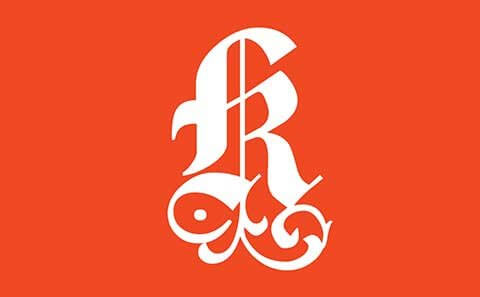When Corporate Knights published its first Responsible Investing Guide in 2003, socially responsible mutual funds comprised 1 per cent of the Canadian retail fund market by assets.
In the past dozen years, many things have changed – particularly with respect to climate change, now widely acknowledged as a seminal challenge of our time.
Governments have shown up to address what economist Lord Nicholas Stern calls the mother of all market failures. According to the World Bank, more than half of all countries have committed to pricing carbon pollution and over 40 countries are already doing it. By this time next year, 90 per cent of Canada’s population will be living with a broad-based price on carbon.
The markets are beginning to reflect these changes. For the past three years, more money has been invested in renewable power generation than in fossil fuel power, according to Bloomberg New Energy Finance.
Perhaps the most powerful story is told by investment returns. Over the past five years to November 30, 2015, the FTSE Environmental Opportunities 100 Index (which tracks the 100 biggest companies with significant revenue exposure to environmental solutions) has crushed the MSCI World Energy Index (the main global index tracking 107 of the biggest oil, gas and coal companies). The FTSE EO 100 returned an annualized 8 per cent versus the MSCI World Energy Index at just 0.66 per cent.
Some market observers glibly dismiss this outperformance story as being purely based on a tough commodity market, but that is not accurate. Using the Corporate Knights Decarbonizer tool, a sector-neutral strategy that includes best-in-class companies from high carbon sectors on the S&P/TSX Composite would have beat the index by 6 percentage points over the past three years.
The attitudes of retail investors have also evolved. According to Morgan Stanley’s Sustainable Signals report, 71 per cent of investors are interested in sustainable investing.
Yet despite these developments, the total assets invested in mutual funds using environmental, social and governance criteria has grown to $8.4 billion but shrunk in relative terms to just 0.7 per cent of the overall $1.23 trillion Canadian mutual fund market.
Why is so little money being invested in sustainability-focused mutual funds and why hasn’t it grown?
A big historical reason has been the conventional wisdom of most individual investors and financial advisors that investing for good is bad for returns. But a raft of studies is serving to disprove this theory.
A recent study by Tessa Hebb at the Carleton Centre for Community Innovation comparing responsible investment (RI) mutual funds across various asset classes to comparable non-RI funds found that RI equity funds outperformed the average of comparable non-RI funds 63 per cent of the time.
The other reason is that the most responsible investment options are just not that compelling for the average investor. Most traditional RI funds hold the same stocks you would find in a regular fund, from the big banks to big oil. The differentiator is that the RI funds employ a strategy known as engagement where they work with companies on such matters as improving disclosures on climate risks and developing policies on human rights.
While this is important work, investors want to own companies whose primary activities are focused on solving big global challenges including climate change.
On this front, RI funds have been largely missing in action. There are some exceptions: the AGF Global Sustainable Growth Equity Fund has been a standout, with over 63 per cent of its exposure invested in companies providing environmental solutions. NEI Investments also recently added the NEI Environmental Leaders Fund to its offerings, which will allow investors to get exposure to companies solving big environmental problems.
The challenge for the average investor or advisor is how to make sense of which funds are leading the way. While the French government recently announced it will be introducing a label for investment funds in October 2016 to make it easy for investors to see which funds are leading or lagging the “energy and ecology climate transition,” no such scheme exists in North America.
To this end, Corporate Knights has launched the Eco-Fund Ratings to make it easy for Canadian investors to see which funds provide the best combination of economic and environmental performance. Of course, there are social factors that are also important to investors and we look forward to incorporating these factors into future ratings.
In this ranking you will see the top equity funds in four fund categories that best combine superior returns with a low carbon footprint and high exposure to companies earning revenue from the growing new energy and environmental market domains. We hope these ratings will be useful for investors looking to earn clean profits by aligning their portfolio with a better planet.
Click here to go back to the ranking landing page.





